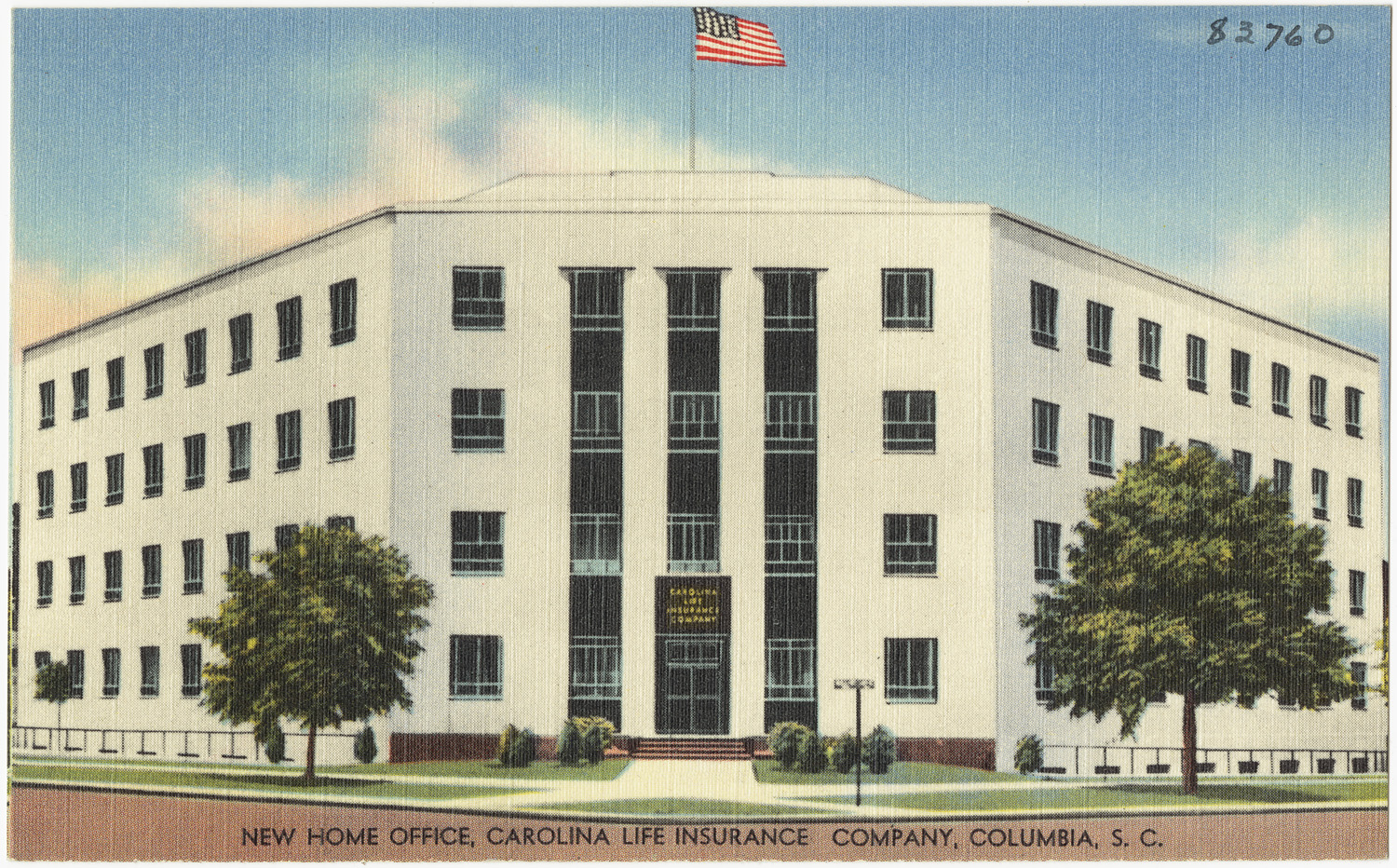The Education of a Corporate Bond Manager, Part II
For a new corporate bond manager with very little apprenticeship-type training, I had to learn some things on the fly.? Of my first tier brokers, roughly half of them took pity on me initially and explained to me the rules of the road.? That happened partly because I wanted to try some things that my old boss rarely did, and as I did that one of my brokers would explain to me, “If you’re going to do that, you have to do it this way…” which I would confirm with one or two of my major brokers.
If I wanted to buy a bond that was not presently being offered, I learned to find out who brought the deal and made a market in the bond issue, and told them, “If you find a few million bonds in a such and so spread context, I would be happy to pick some up.? Now, the less I knew about the price context, the more conservative I would be about price and size.? If I found a large amount offered to me at my level (rare), I would honor it by buying a small amount, and then backing up my price level to where I would not be offered so much, and try for more at better prices.
Price discovery is tough business, because some bonds trade rarely.? There are things to help you:
- Comparable bonds in the same industry
- Credit spreads across rating categories
- Credit spreads across the maturity spectrum within rating categories
- Spreads on credit default swaps on the same name.
- Value of scarcity vs cost of illiquidity, and vice versa
- Proper spread tradeoffs on premium vs discount bonds, call features, put features, off-the-run vs on-the-run issues, etc.
- Calculating the spread on the last few trades, however dated, and then massaging the spread into what it is likely to be today.
My client was growing rapidly, and 30% of its liability structure was long because they wrote a lot of structured settlements.? [Geek note: structured settlements arise when a plaintiff wins a court case, and a stream of payments must be made by a defendant for the rest of the plaintiff’s life.? There are often inflation clauses, which makes the stream grow over time.? The defendant has insurance companies bid on paying the liabilities, and low bidder wins.]? I could buy a lot of long illiquid securities if my credit analysts liked the credit risk on the companies in question.
As such, I had a list of issues at various brokers that I wanted to buy if they became available.? Those ranged from moderately liquid to very illiquid.? I had a list that I sent out every now and then that I called the “Odd Duck” list; for fun, the last name on the list was the ultimate odd duck, AFLAC.? That got a few chuckles.
But with a rapidly growing client, much as I liked to source bonds that I fundamentally liked on the secondary market, I had to buy a lot of bonds in the new issue primary market.? Under normal conditions, the bond market has a lot of IPOs each day, as new bonds get issued, most often from companies that have issued before, but the characteristics of the new bond are different.
Now sometimes, when the corporate bond market is cold, or a deal is complex, it will take days for the deal to close, and sometimes a week or more.? But when things are hot, deals can close in seven minutes.? When I would see a new deal, the first thing I would do is analyze where we were in the speculation cycle for new deals.? As I said in my last piece, on average, new deals are brought a little cheap, because there is a price to gain liquidity that the issuer pays.
When deals were closing slowly, like say in half a day or more, I would send the deal terms to the analyst, and ask if she liked the credit.? If she said no, I would refuse the deal.? Otherwise I would put in for my normal allocation of bonds, subject to my limit for the company in question, and varying with the attractiveness of the deal, and how much cash I had to put to work.? When the market was rational, typically I would get good allocations, and deals would trade up a decent amount after issue.
But when the market was hot, and deals would close within an hour, I would work differently.? When the deal would come, I would put in for bonds, so that I would get some allocation.? I would ask for the high end of what I would normally ask for, knowing that I would get scaled back considerably.? Then I would send the details to my credit analyst, telling them that if they did not like the company, I would sell the bonds.
Eventually, most of my analysts during the times when the market was hot would come to me and say, “How can you put in for bonds without an opinion from us?”? First I would reassure them, and tell them that I valued their opinions, and that I would not hold onto a bond permanently unless they liked it.? I would sell all bonds they did not like, but when the technicals favored it, within a few months.
Second, I would tell them, “I do the one-minute drill,” which elicited the obvious question, “What’s the one minute drill?”? I then led them through a series of Bloomberg screens that would allow me to get a quick read on creditworthiness:
- GPO – how has the stock price moved over the last year?? Down hard is a deal killer.
- HIVG – how have option implied volatilities moves of late? Up considerably more than the market is a bad sign.
- CH6 – how is operating cash flow doing?? If it is considerably worse than earnings, that ‘s a bad sign.
- DES – what industry is it in?? Do I hate that industry?? If so, don’t play.
- DES3 – all of the major financial ratios for the company.? What do the typical bond ratios look like?? Are they materially worse than those for the industry?
- CH2 or ERN, are earnings declining?? If so beware.
- CRPR – what are the credit ratings?
Then I would tell the credit analyst that if a company passes these tests, the odds of the company doing badly while I wait for the analysis of the credit analysts was slim.? Then I would get a smile from the analyst, who would go and do their analysis without fear of something going badly wrong while they do their analysis.
But there is one last complexity here.? When deals are running hyper-hot, and are closing in minutes, it is good to take a step back and ask on each deal if the yield spread is too tight. Bond syndicates price some deals too tight, and instead of the deals rising after issuance, something horrible happens.? I will bring that up, and other matters, in part III.






